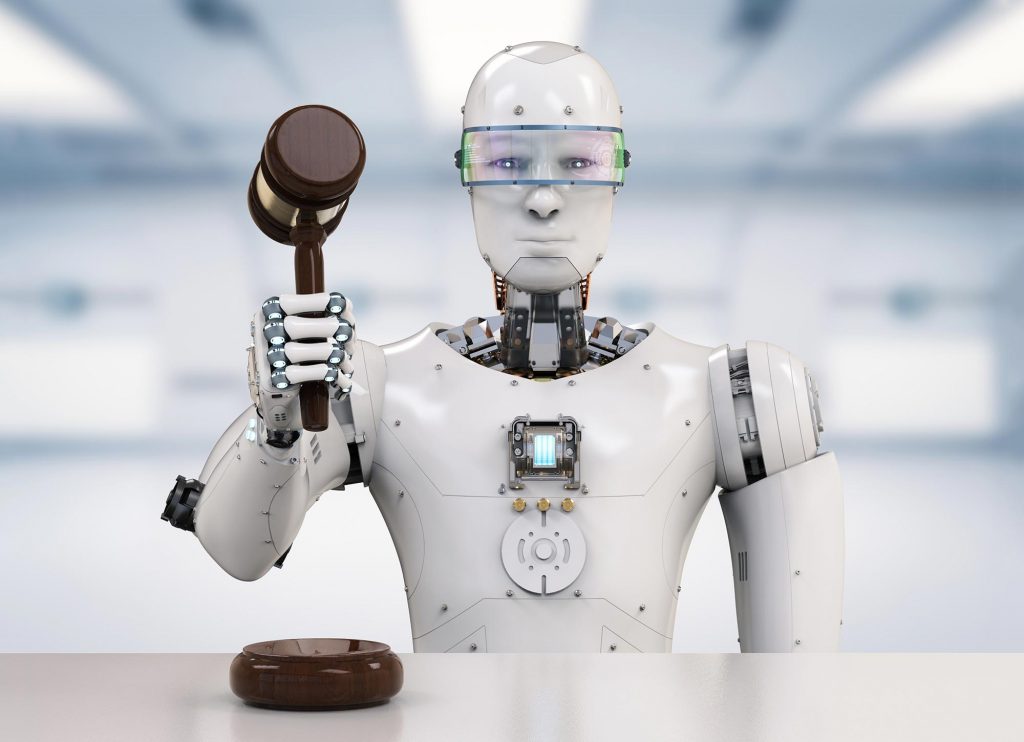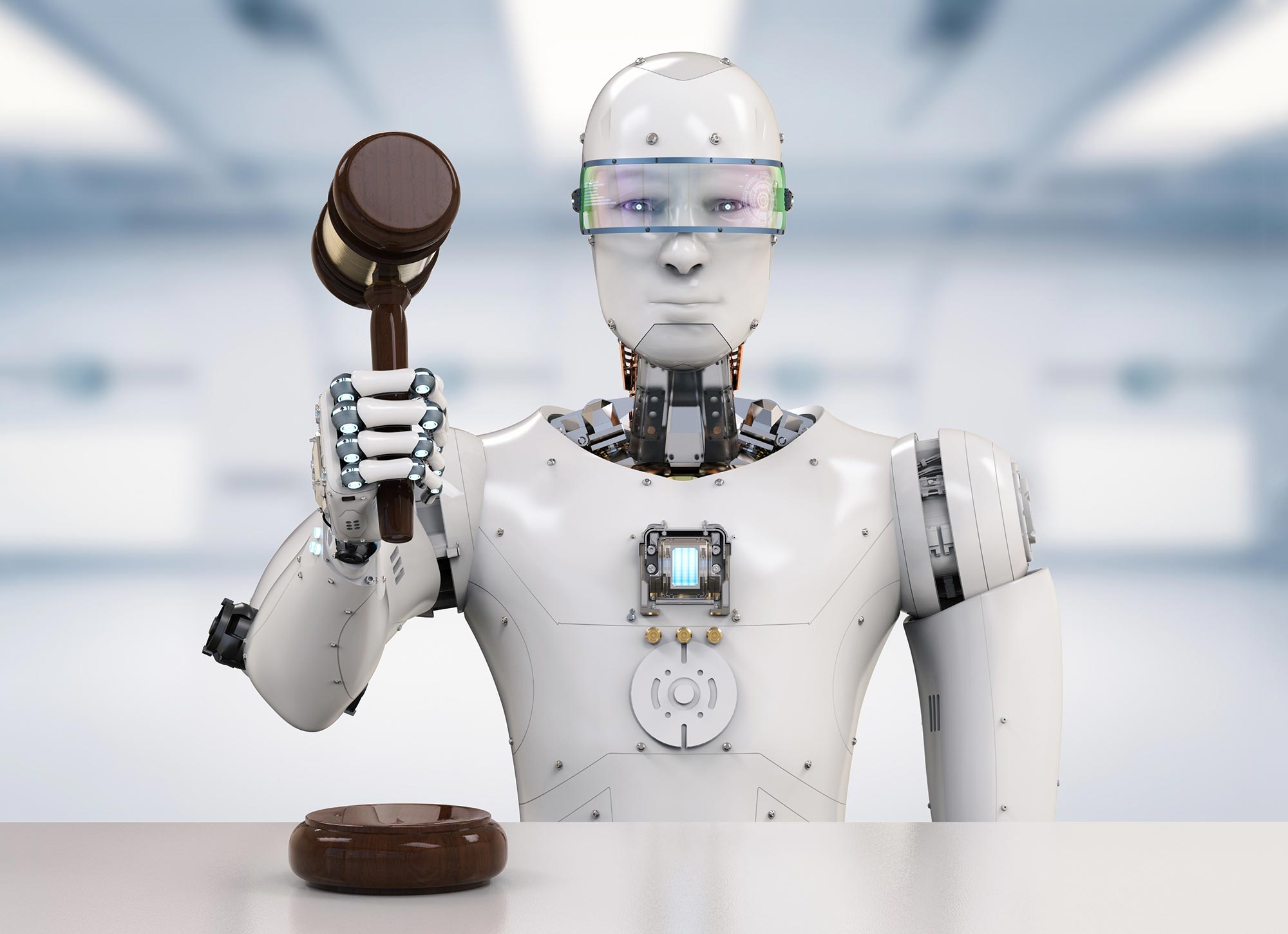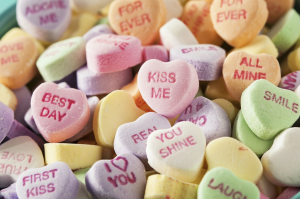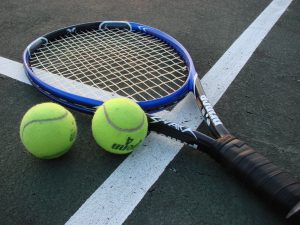By Amisha Temal, Features Editor
For many, art is subjective and therefore always subject to varying interpretations. As the saying goes, a picture is worth a thousand words. Most people appreciate the skill and creativity behind works of art. But what if we are observing something that was made without intrinsic skill or creativity? Something may be visually appealing, but does that alone give something remarkability? In recent years, Artificial Intelligence (AI) has changed the relationship between technology and humans. AI is a tool that can be used to generate a plethora of creative, perceptual and analytical information and content.
The perceptual and creative capabilities of AI allow people to bring to life vivid ideas with little effort. It is regarded as an art form by some who play around with image-generating tools like Deep AI/Open AI, Midjourney and Stable Diffusion. There are entire communities of people sharing AI art on platforms like Reddit. This is convenient for some, but some may argue that sometimes the usage of AI is lazy and ingenuine.

Senior film major Tarik Jaawani emphasized the ease at which AI can generate responses with only an input of a few words or a vague description. Jaawani is a photographer, cinematographer, actor and writer.
Other students also shared their opinions on the matter.
“Art is a way of showing emotion and feelings. AI just doesn’t have the feelings we have as humans,” freshman psychology major Abigail Sosa-Flores said.
Freshman veterinary technology major Jacoba Benitez added on to Sosa-Flores.
“It’s just not that thoughtful as if someone sat and spent time to perfect every detail. With literature and art, there’s just a feeling I don’t think AI can convey. AI can’t relate to us,” she said.
“I’ve always thought of it as a two-way street because I do see the value in using it as a foundation for inspiration,” senior theatre major and psychology minor Wilbert Diaz said. “Depending on the art form, maybe just a little of what AI can offer can inspire you to go a long way. However, I do see the other side of it in that but can almost take hold of the entire process of art creation.”
Diaz is a creative himself, as he writes poetry and is a performer.
Jawaani spoke about the lack of cultural value in AI art.
“I think that for people that are interested in quick concepts for maybe inspiration – sort of like a pinterest board – it can have value, but it has zero cultural value,” Jawaani said. You cannot call something that is an amalgamation of human works valuable. It’s pulp. It’s a [random mix] of a million different things that a computer decided is worthy of being processed and thrown out to you in the most random way possible.”
Image generators consume art from all corners of the internet to gather relevant visual information to imitate. The act of creating art is therefore an easy task for computer and internet systems.
Junior acting major Jackson Houska spoke on his view of AI being used as a creative tool as a creative himself. Last year, Houska released his debut poetry book, “him, her, and i.” In addition, he’s starred in many performances including the Post Theatre Company’s “American Psycho.”
“As an artist and a creative, there is no way to replicate human creativity, human ingenuity and creation because art is an expression of the human experience,” Houska said. “When we’re taught about creative writing and poetry and acting we’re taught that we create things in the spirit of other human experiences and things that are relatable. So it feels oxymoronic that AI has the ability to create art. I feel like often it’s just a simulation of what real people could do.”
While the advancements in AI may scare creative minds who may fear their skills will become invaluable, it will likely change all of our lifestyles dramatically.



Be First to Comment